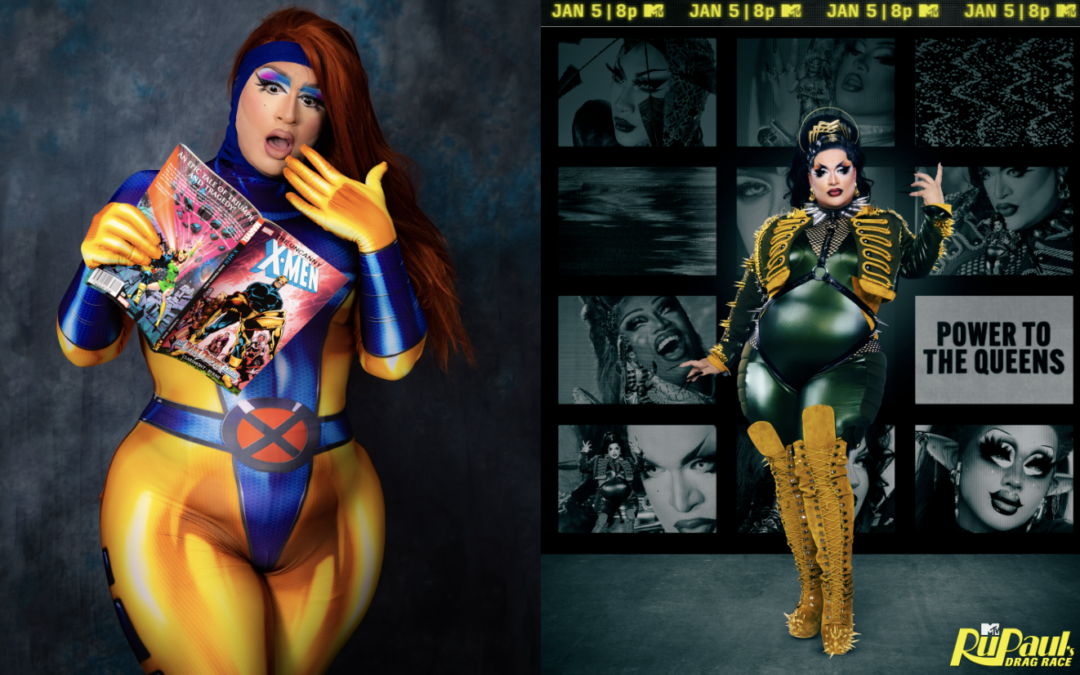
by Kevin Gilligan | Jun 7, 2024 | Featured, Podcast
In this very special episode of the Geeks OUT Podcast, Kevin is joined by the “Cosplay Queen of NYC” and the lip sync assassin assassin of Rupaul’s Drag Race season 16, who will also be a special guest at this year’s Flame Con, and the host of...
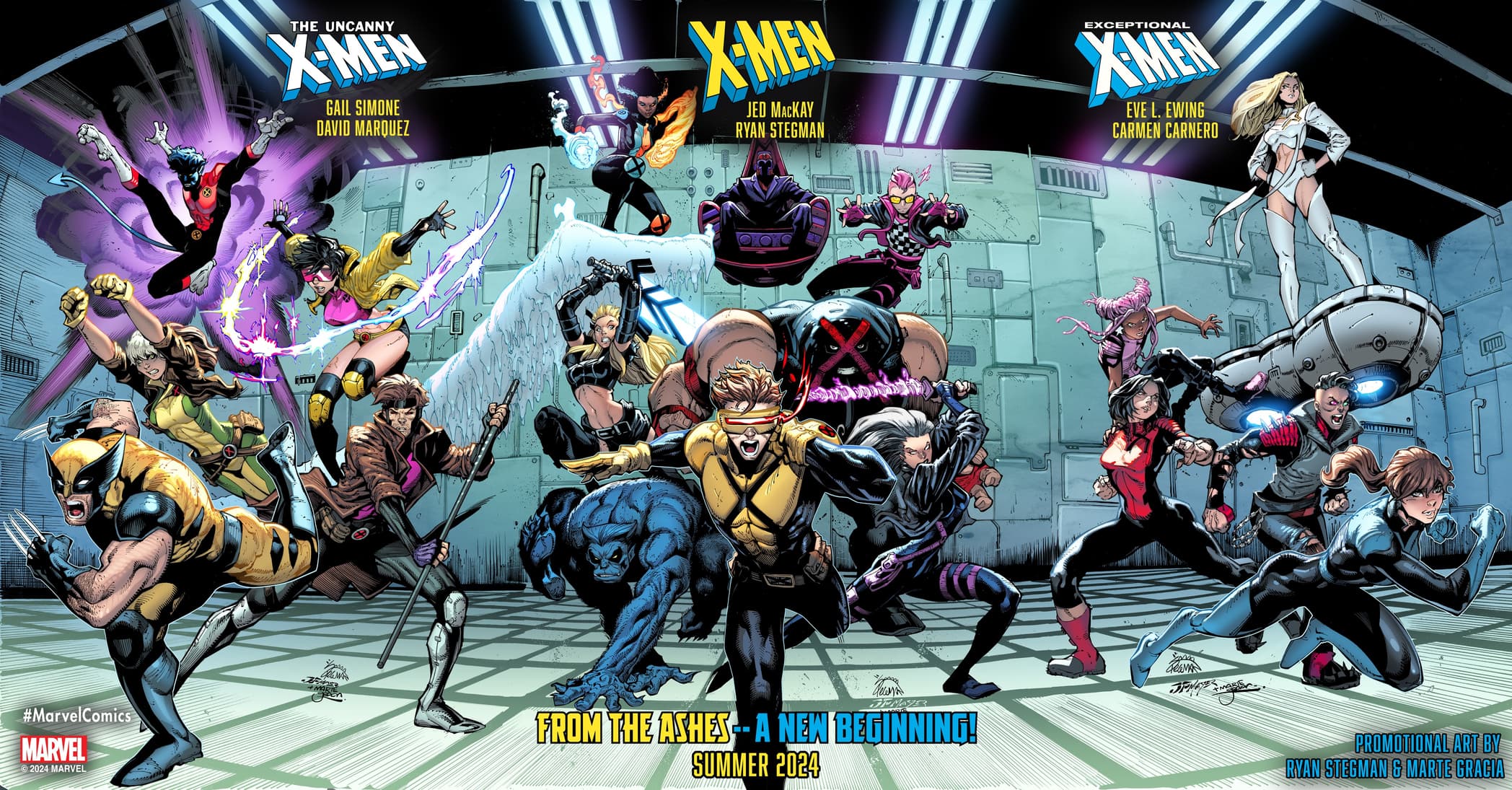
by Kevin Gilligan | Mar 24, 2024 | Podcast
In this episode of the Geeks OUT Podcast, Kevin is joined by GLAAD Media Award winning artist, D.J. Kirkland, as they discuss drag queen vampire slayers in the trailer for Slay, breakdown the reaction to the X-Men’s post-Krakoan Age reboot, celebrate the DC...
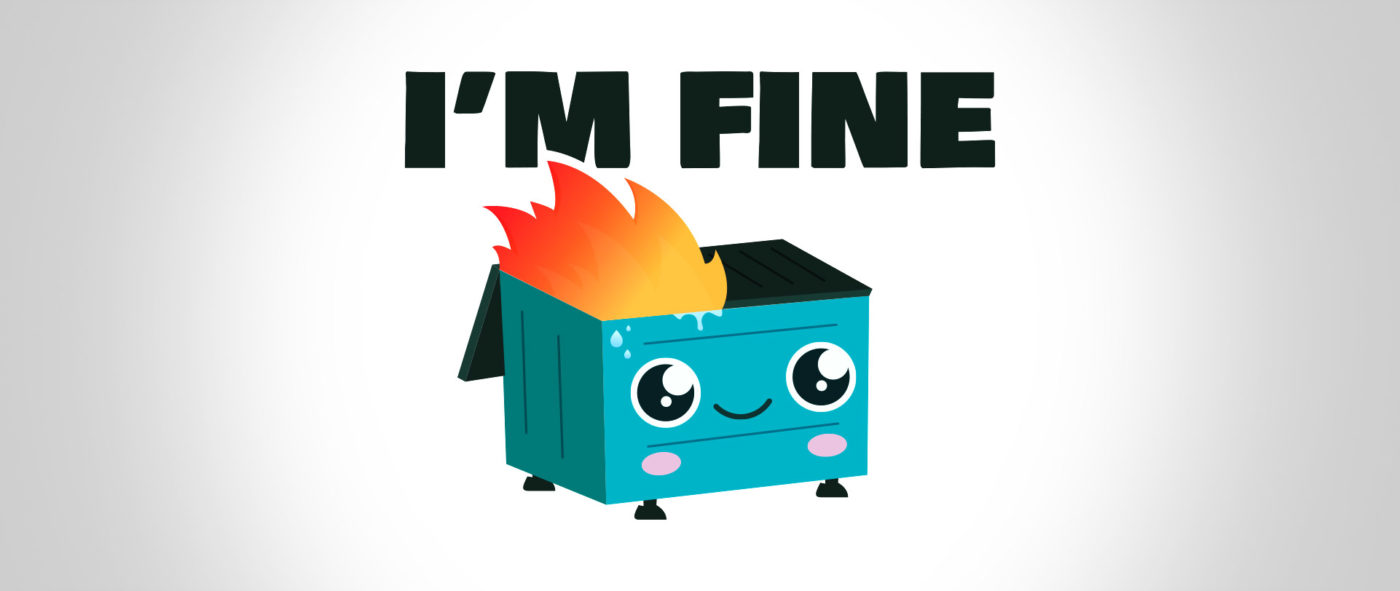
by Rebelle Summers | Dec 28, 2023 | Blog
The last few years have really hammered home the endless ways in which this life can dumpster fire. Fortunately, coping mechanisms exist. As the new year fast approaches and the idea of making resolutions feels more hilarious by the minute, we can at least take some...
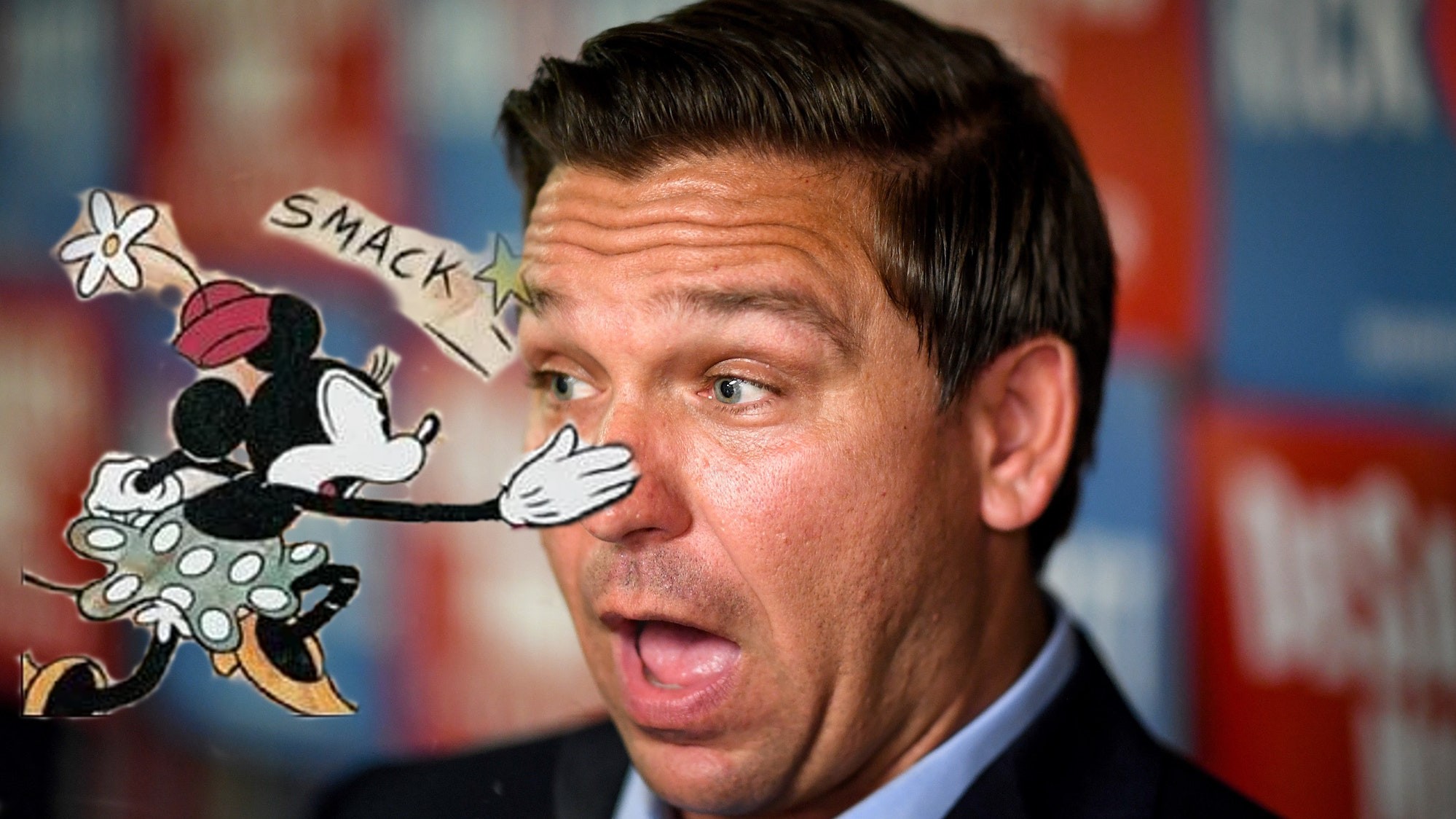
by Kevin Gilligan | May 25, 2023 | Podcast
In this all new episode of the Geeks OUT Podcast, Kevin (@Gilligan_McJew on all socials) is joined by Mike Moon (@freemoonman1982), as they discuss Disney versus Ron DeSantis and the state of Florida, feel #queerjoy in the new teaser for the animated movie Nimona...
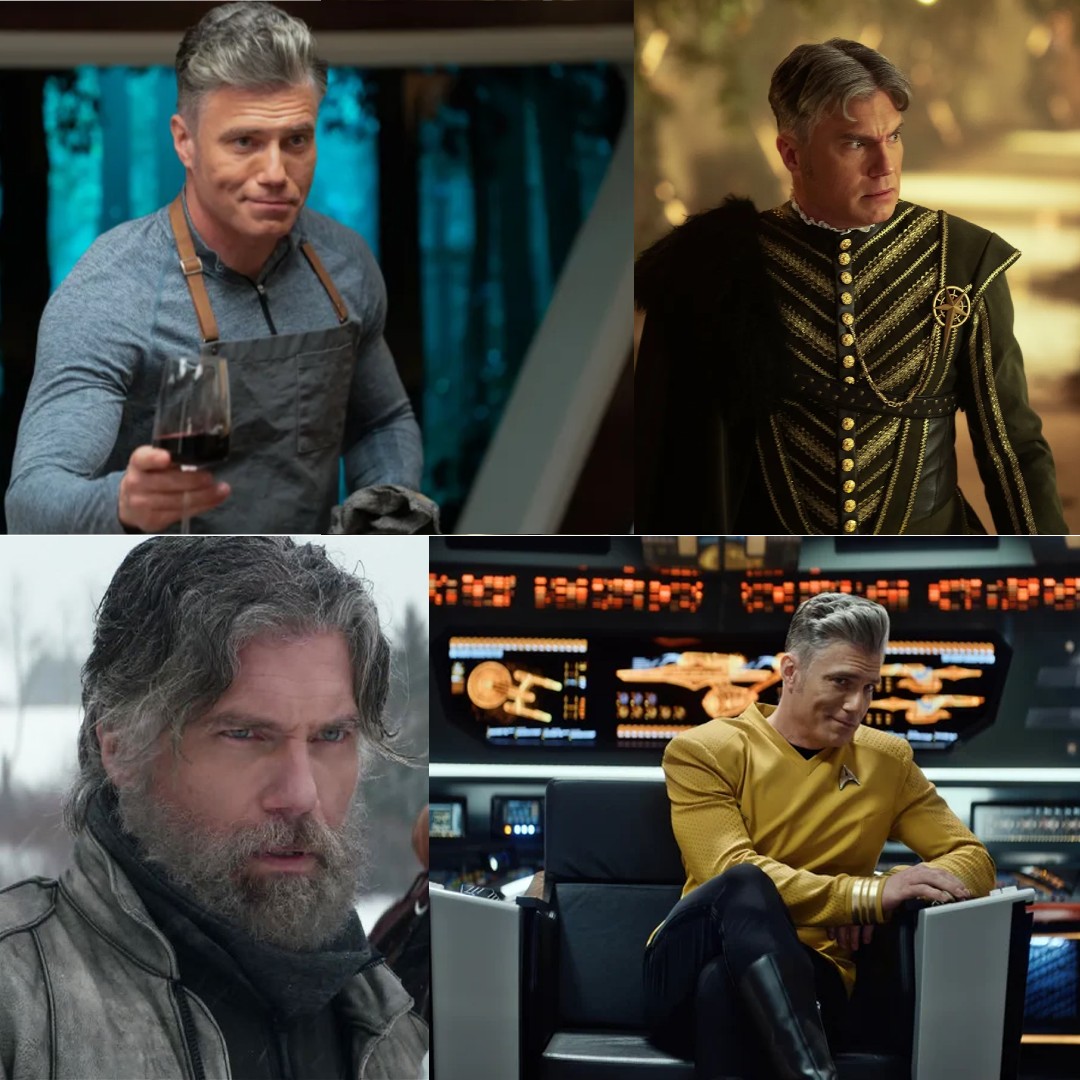
by Kevin Gilligan | May 4, 2023 | Podcast
In this all new episode of the Geeks OUT Podcast, Kevin (@Gilligan_McJew on all socials) is joined by NYCGaymers (@officialnycg) President, Raffy Regulus (@raffyregulus), as they discuss the Michelle Yeoh renaissance we’re living in, the new trailer for Star...






